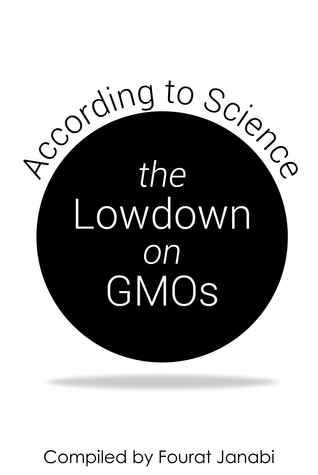What do you think?
Rate this book


110 pages, ebook
First published November 22, 2013
This small eBook contains several articles of opinions and facts from a cross section of individuals involved in the debate on GMOs, with a slant toward the scientific side and what the actual data show. It paints a very clear picture that much of the fear mongering over GMOs is the left wing's version of science denialism. Most of the current data show that GMOs are indeed helpful, and not dangerous to us at all.
While this was a nice review of the scientific stance on GMOs, don't go looking for this to be a full accounting of the data available. The articles come from scientists, journalists, farmers, and even bloggers; some of the articles seem to be just filler and didn't provide any real value in my opinion. There is a great "facts" section in the back that you can check into, as well as a summary of reports from many leading scientific institutions, not just big Ag businesses. In the end this has intrigued me enough that I think I would like to see if there is a more thorough book that could provide greater detail and a deeper understanding of this subject.